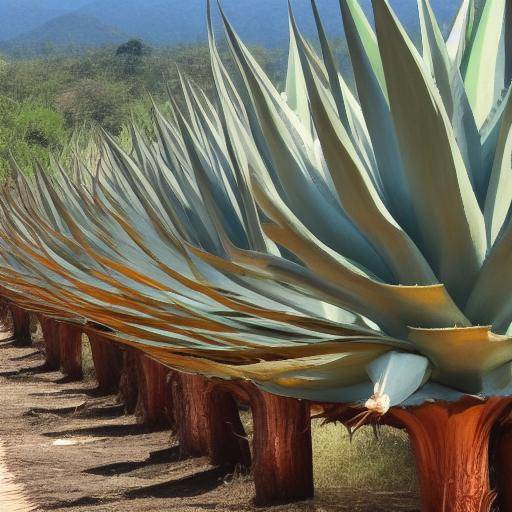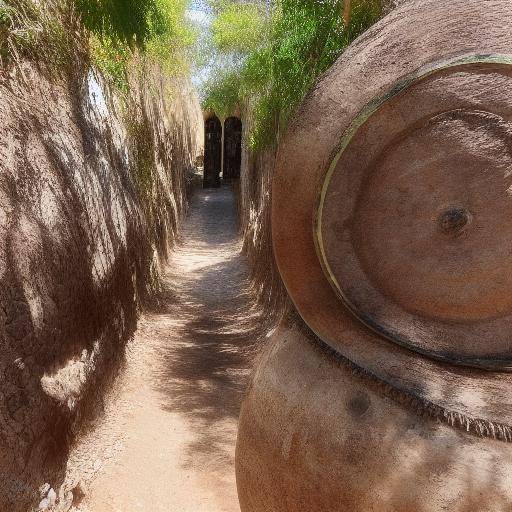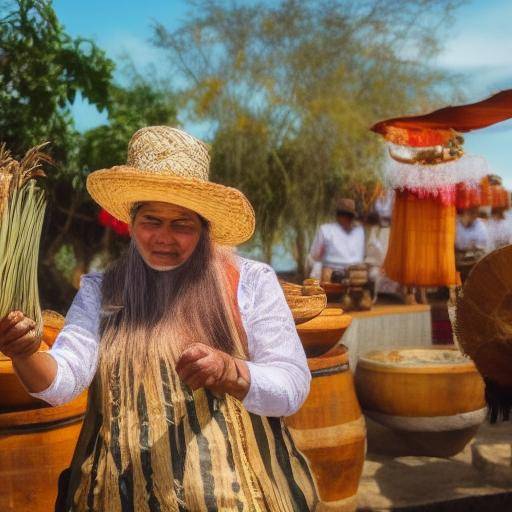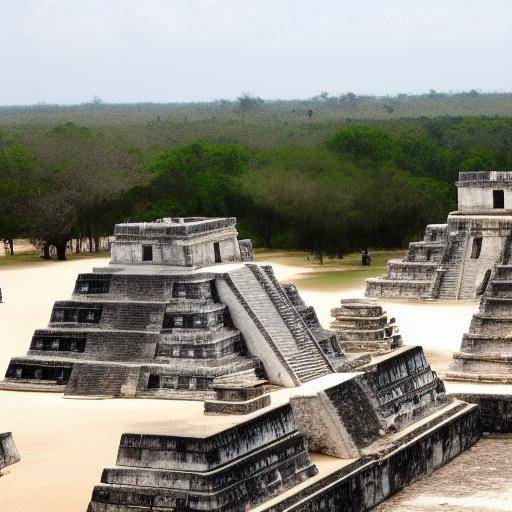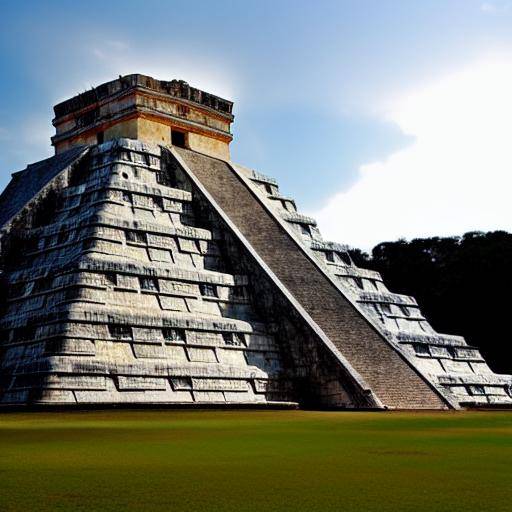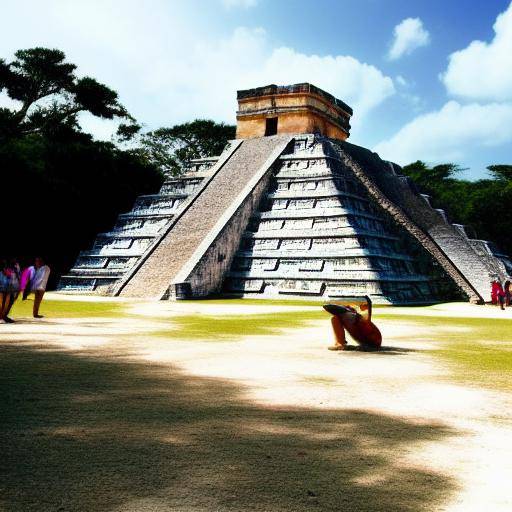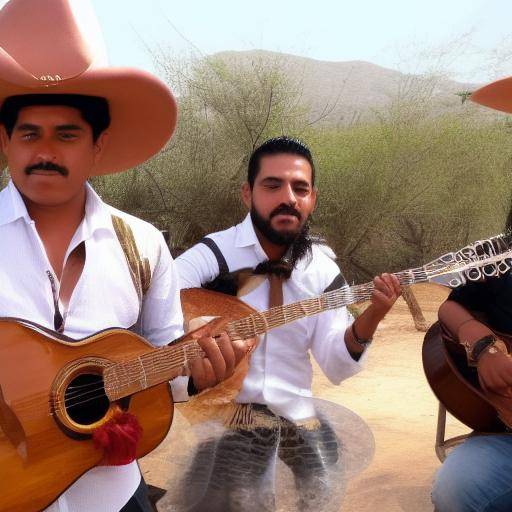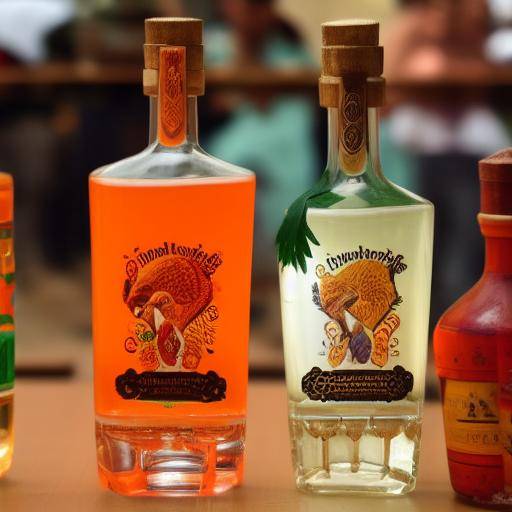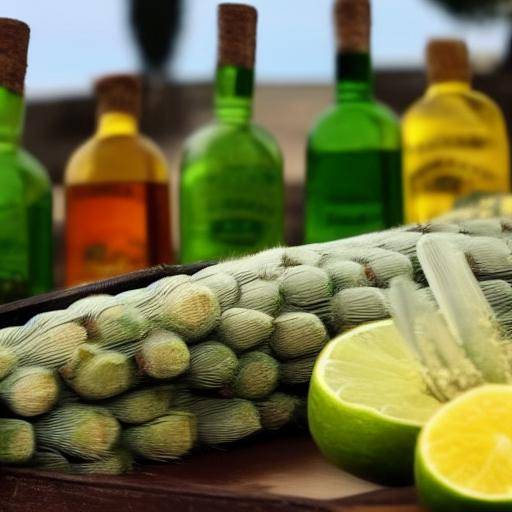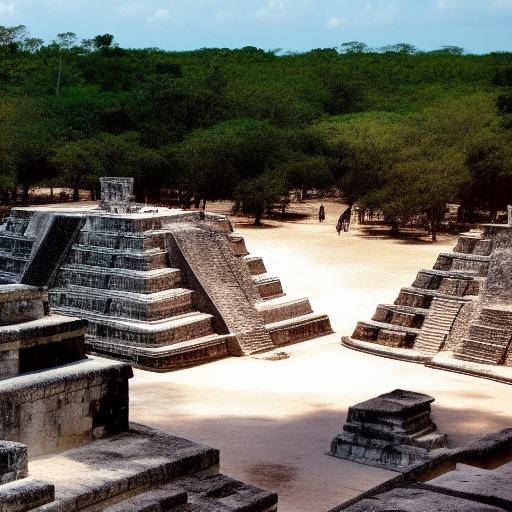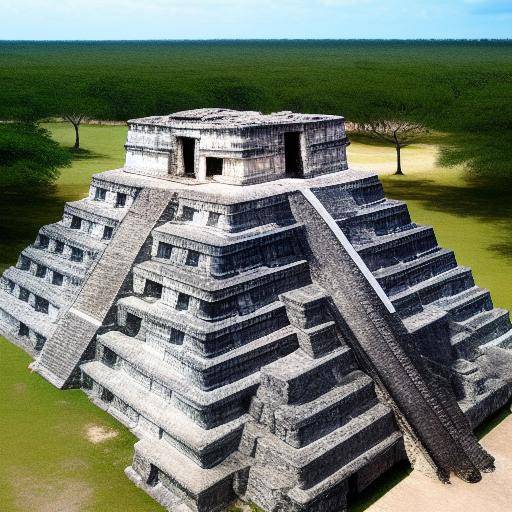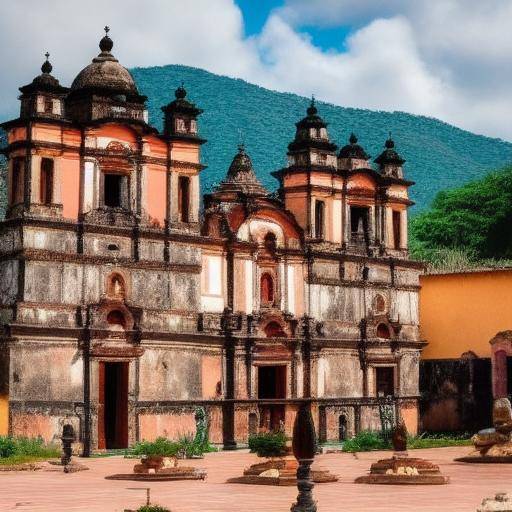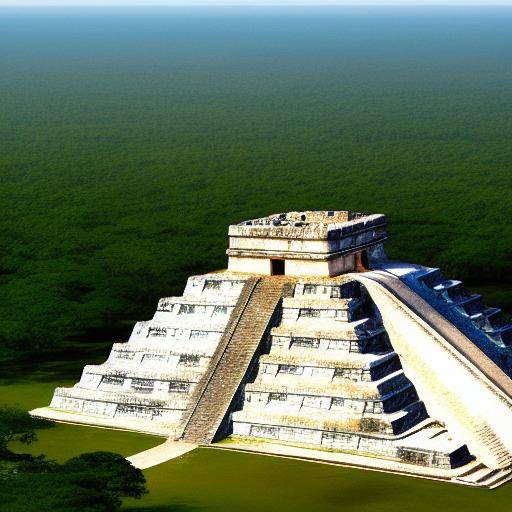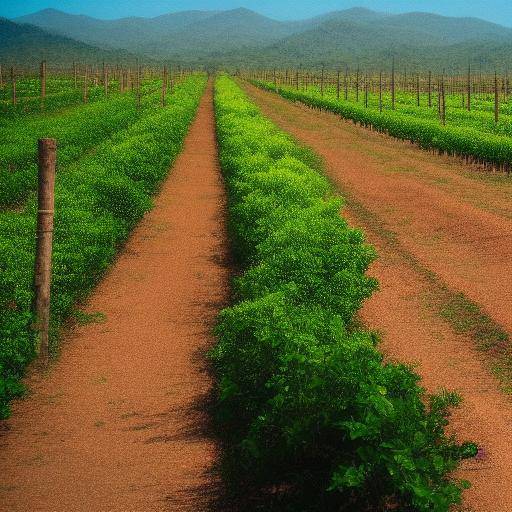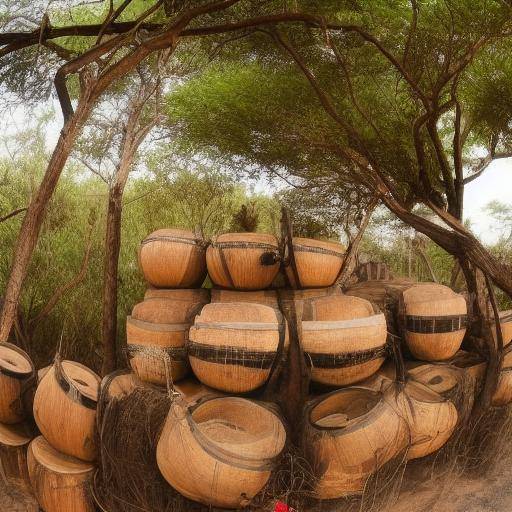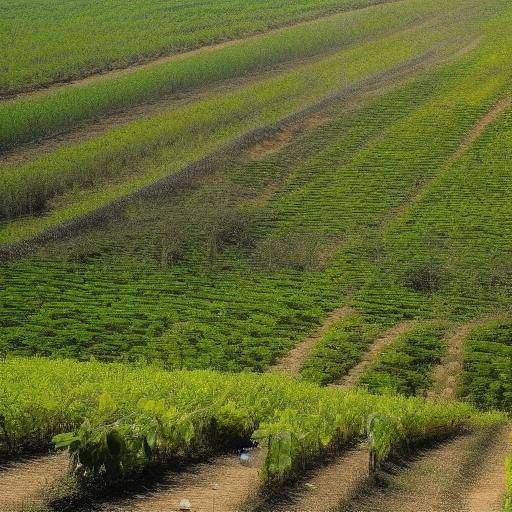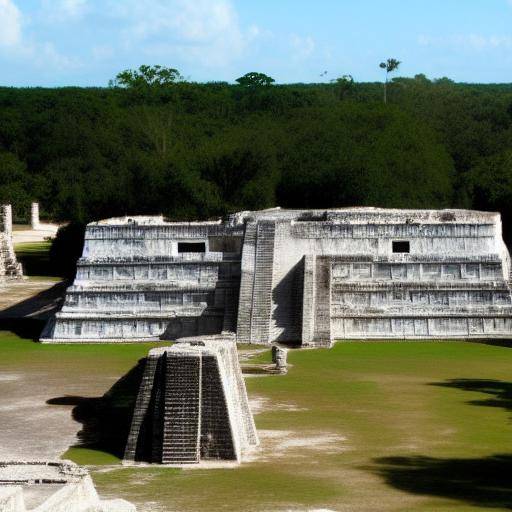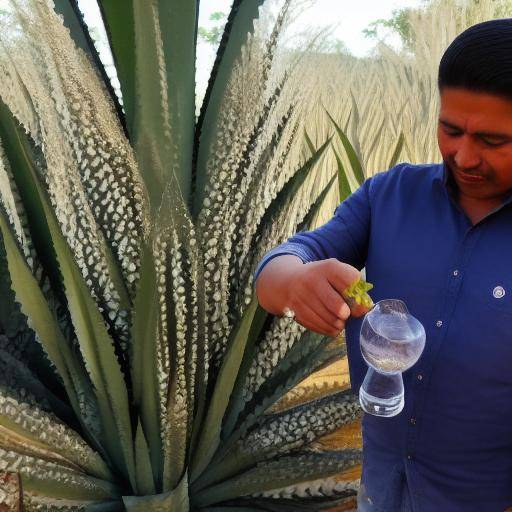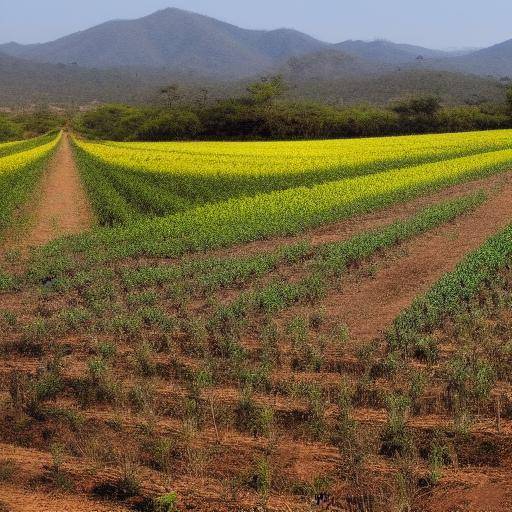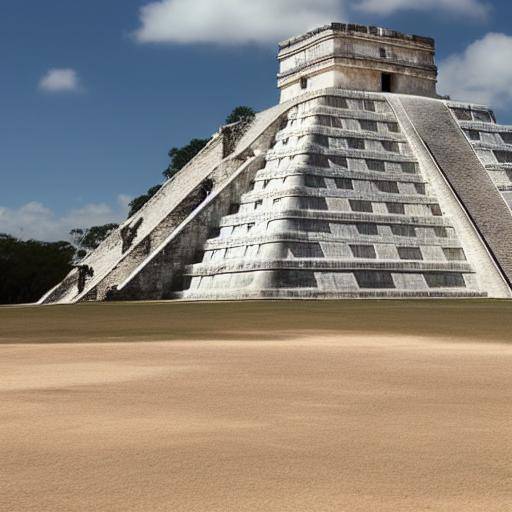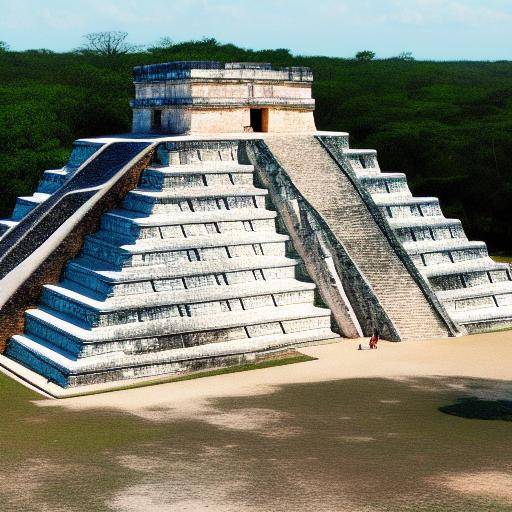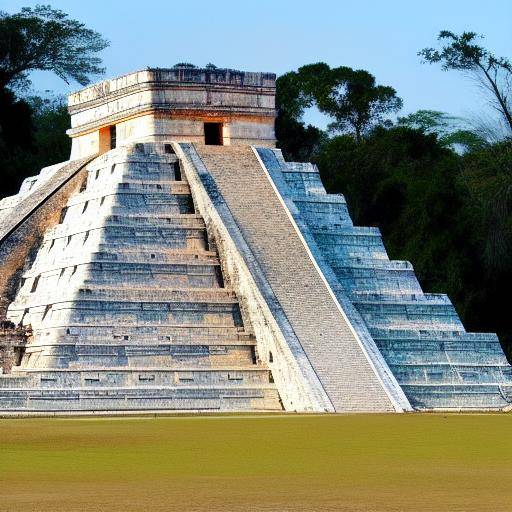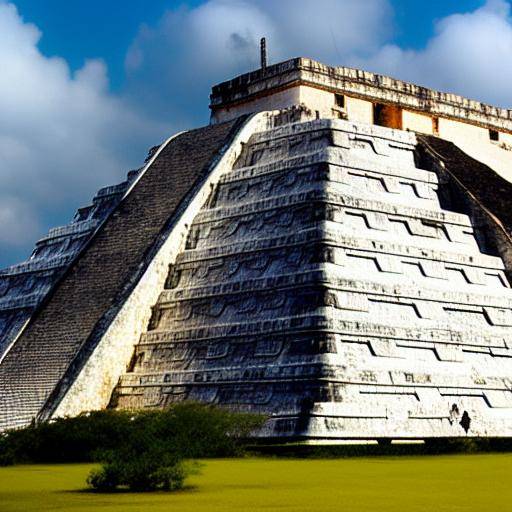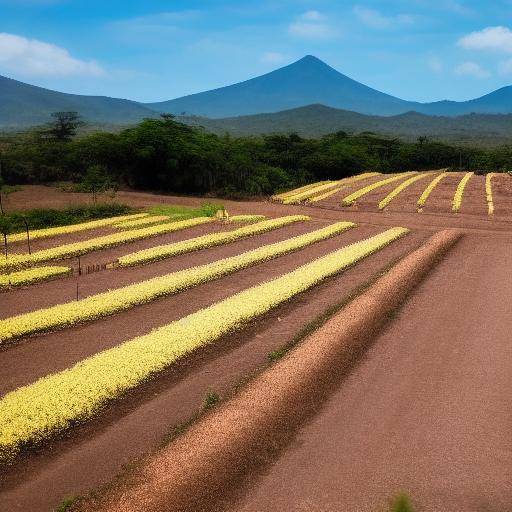
Tequila, one of Mexico's most emblematic beverages, has transcended borders to become a symbol of the country's culture and tradition. The region of Jalisco, cradle of this famous drink, offers visitors the opportunity to enjoy a unique experience through the tequila route. In this article, we will explore the history, tradition and flavor that characterize this emblematic beverage and its region of origin, providing a complete guide for those who wish to immerse themselves in the tequila world in Jalisco, Mexico.
Introduction
Discover the Tequila Route in Jalisco
Considered a World Heritage Site by UNESCO, the tequila route in Jalisco is a fascinating journey that allows visitors to enter the history and process of making this iconic beverage. From the picturesque blue agave plantations to the legendary distilleries, this journey offers a total immersion in the tequila culture, accompanied by stunning landscapes and the characteristic hospitality of the region.
In this article, we invite you to discover every facet of the tequila route in Jalisco, from its historical roots to the tastings of Mexico's most emblematic beverage. Join us on this journey in time and taste, while we explore the very essence of an ancient tradition that has conquered palates throughout the world.
History and Origins of Tequila
A Legacy Centenary: The History of Tequila in Mexico
The tequila, that agave elixir that has left its mark in Mexico's history, has its roots deeply rooted in pre-Hispanic traditions and the colonial period of the country. From the agave crops used by ancient Mesoamerican civilizations such as Aztecs, until the introduction of distillation by Spanish colonizers, tequila has evolved over the centuries, acquiring its unique personality and status as ambassador of Mexican culture.
[Historical Day]: The first tequila distiller was established in 1600 by the Spanish Don Pedro Sánchez de Tagle, thus contributing to the birth of an industry that lasts until today.
The Tequila Revolution: Innovation and Tradition
The tequila processing process has experienced constant evolution, driven by the combination of traditional methods and modern production techniques. Agave plantations, harvest, fermentation and distillation are processes that have been enriched over time, preserving the ancestral legacy while adapting to the demands of a constantly changing global market.
Since the creation of different types of tequila, such as white, rested and aged, until the emergence of internationally recognized brands, tequila has transcended its status of indigenous drink to become an icon of Mexican culture. This balance between tradition and innovation is, in itself, a testimony to the dynamic evolution that has defined tequila over the centuries.
[Dato de Tradition]: The packaging of the tequila in hand blown glass bottles reflects the artisanal care that is applied at each stage of its production, conveying the very essence of this ancestral drink.
Analysis in Deep: The Tequila and its Cultural Impact
The Tequila as National Symbol and Cultural Ambassador
Tequila is not only a popularly consumed drink, but also plays a key role in representing Mexican identity worldwide. This distilled liqueur, which emerged from the skill and knowledge accumulated over generations, has become a tangible manifestation of Mexico's cultural wealth, crossing borders and conquering palates on the five continents.
The celebration of the National Tequila Day on the third Saturday of March and South-Awareness as a protected denomination of origin are testimony to the cultural and economic importance that tequila has acquired over time. Its distinction as a World Heritage Site by UNESCO reflects its relevance in preserving the traditions and techniques of deep-rooted production in the region of Jalisco, as well as in promoting an ancestral legacy that transcends Mexico's borders.
The Tequila Revolution: Innovation and Tradition
The culture surrounding tequila is not only limited to the production and consumption of the drink, but also encompasses aspects such as gastronomy, music, art and tourism. The festivals dedicated to tequila, the specialized tastings and the tourist activities focused on the distilleries and agave plantations offer visitors the opportunity to immerse themselves in a world of unique flavours, aromas and sensory experiences.
The sustained growth of tourism around tequila has led to the development of the Jalisco region, generating employment, spreading local culture and fostering the preservation of traditional practices. The strong connection between tequila and sustainable tourism reflects its capacity to promote the economic and social development of the region, while preserving its rich historical and cultural legacy.
[Statistic record]: According to official data, tequila-related tourism has experienced an annual growth of 10%, contributing significantly to the local and national economy.
Comprehensive Review: Distilating the Essence of Tequila
Production of Tequila: Art and Science in Perfect Harmony
The tequila processing process, from the sowing and care of the blue agave to the final bottling, is a testimony of the skill and artisanal care that defines this drink. The combination of natural elements, such as the volcanic soil and the characteristic climate of Jalisco, together with human skill, gives the tequila its distinctive flavor and character.
The process of distillation, which involves the extraction and fermentation of the agave to obtain a pure and refined essence, is a symphony of ancestral knowledge and cutting-edge technology. The mastery with which the jimadores, experts in the agave harvest, select and cut the pineapples, adds a sense of care and precision that is reflected in every drop of tequila that is bottled.
Discovering the Secrets of Tequila: From Cata to Maridaje
The art of tequila tasting is a ritual that allows you to appreciate and distinguish the complex layers of flavor, aroma and texture offered by this drink. Experts use specialized techniques to identify unique nuances and qualities, evaluating aspects such as the body, intensity, balance and persistence in the palate.
The pairing of tequila with traditional Mexican or merged dishes offers a culinary experience in which the distinctive flavors of tequila enhance and complement the aromas and flavors of local cuisine. From the citrus and herbal tones in the white tequila, to the nuances and complexes of the old tequila, the versatility of this drink enriches the variety of dishes and flavors present in the Mexican cuisine.
The Tequila in the Mixology: Creating Inspiring cocktails
The tequila has found its place in the international mixology, being the protagonist of iconic cocktails such as margarita, dove and tequila sunrise. The versatility of tequila, its distinctive flavor and its ability to blend with a wide range of ingredients, have positioned this drink as a central element in the creation of innovative and fresh cocktails.
The art of mixedology, which combines precision and creativity, has promoted the exhibition of tequila at the global scene of bars and clubs, expanding its presence beyond Mexico's borders. The many possibilities offered by tequila in the mixology provide cocktail lovers the opportunity to explore and enjoy a wide range of flavors, aromas and presentations, thus enriching the tequila experience in all corners of the world.
Comparative analysis: Tequila, Jalisco and Mexico
The Indissoluble Link between Tequila and Jalisco
Jalisco, emblematic state of Mexico, is recognized as the cradle of tequila, the region that houses the geographical and cultural conditions ideal for the production of this iconic drink. The combination of fertile land, temperate climate, and traditions rooted in the care and harvest of the agave, gives Jalisco a unique position in the tequila world.
The tequila route in Jalisco, which includes the visit to centenary distillery, picturesque villages and extensive blue agave plantations, offers travelers a complete perspective of the history, tradition and taste that define this region. The influence of the tequila on the identity of Jalisco is undeniable, being a fundamental element in the formation of its culture, economy and tourist projection at the international level.
Mexico: Forjador de Tradiciones, Embajador del Tequila
Mexico, a country of contrasts and colour, is distinguished by its rich cultural heritage and its diversity of artistic and culinary expressions. In this context, tequila emerges as one of the pillars that underpin Mexico's projection in the world, serving as an ambassador for traditions, flavors and stories that reveal the very essence of Mexican land.
The identification of tequila with Mexico transcends the gastronomic sphere, becoming an emblem of the national identity and a key element for the promotion of tourism and the food industry of the country. The celebration of the culture of tequila at the international level, through events, festivals and tastings, contributes to the projection of Mexico as a tourist destination and as a benchmark in the production of quality drinks and world prestige.
The Tequila Legacy: Tradition, Innovation and Future
The coexistence between the traditions rooted in the history of tequila and innovation driven by global demand, evidences the ability of this drink to adapt to changes, while preserving its authenticity and original essence. Continue
evolution of tequila, from respect to traditional practices to the integration of new techniques and approaches in their production, ensures a vibrant and dynamic future for this legendary drink.
The commitment of the tequila industry to sustainability, social responsibility and the preservation of the natural environment reflects a long-term vision, aimed at the protection and promotion of the Jalisco region as a high-quality tequila production epicentre. This balance between tradition, innovation and sustainability ensures that the legacy of tequila lasts for future generations, keeping alive the history, tradition and taste that define it.
Practical Tips and Recommendations
Enjoying the Maximum Tequila Route in Jalisco
- Planning: Before embarking on the tequila route, make sure that you plan to visit different destinations, towns and areas of interest. Booking in advance the guided tours to the distilleries will allow you to enjoy an enriching and complete experience.
- Specialized: Do not miss the opportunity to participate in specialised tequila tastings, where you will be able to know in detail the characteristics, elaboration and pairing of this emblematic drink.
- Local gastronomy: Explore local gastronomy, enjoying typical dishes from the region that uniquely complement the flavors of tequila. Let yourself be guided by the recommendations of local experts to discover amazing and delicious pairings.
- Transport: On the tequila route, opt for safe and reliable means of transport, especially if you are going to make tastings. Consider hiring specialized tours services that allow you to enjoy the most of the experience without worry.
- Cultural Exploration: Take advantage of your trip to explore the cultural wealth of Jalisco, visiting museums, art galleries and historical spaces that will enrich your understanding of the region and its influence on tequila production.
Recommendations for Enjoying Tequila in Casa
- Selection of Tequila: When acquiring tequila to enjoy at home, explore varieties and brands that represent the diversity and quality of this drink. Learn to identify the differences between tequila types, such as white, rested and old, to discover your personal preferences.
- Maridaje in Casa: Experience with pairings at home, combining tequila with typical Mexican dishes, as well as with international cuisine options. The versatility of tequila gives you the opportunity to explore and contrast flavors creatively.
- Caseros: Encourage to prepare cocktails with tequila at home, exploring classic recipes and creating your own creations. Home mixology allows you to experiment with fresh ingredients to give life to innovative combinations.
Care and Considerations
- Responsible consumption: Remember to enjoy the tequila in a responsible way, respecting the limits and recommendations of consumption. The quality of tequila is best appreciated when tasted in moderation and aware of its qualities.
- Preservation of the Environment: When visiting the agave plantations and distilleries, respect the local flora and fauna, as well as the indications of the guides and experts. It contributes to the preservation and sustainability of the region so that future generations can enjoy this rich tradition.
Industry Perspectives and Future Projections
The Continuous Evolution of Tequila Industry
The tequila industry is projected towards a future marked by innovation, sustainability and international projection. The growing influence of tequila on global markets, driven by demand for sophisticated and curious consumers, strengthens its position as an emblematic beverage with potential for expansion and diversification.
Trends towards organic production, adoption of sustainable practices and differentiation in tequila supply represent key aspects that will influence the evolution of industry. The search for new markets, including the exploration of pairing options and innovative presentations, promises to project tequila beyond its traditional limits, expanding its global reach and positioning.
Social and Economic Impact
Tequila is not only a product of high cultural value, but also a key economic engine for the region of Jalisco and Mexico as a whole. The generation of employment, the promotion of tourism and the international projection of the region are elements that underpin the social and economic impact of tequila, contributing to the prosperity and development of local communities.
Corporate social responsibility, focused on the preservation of the environment
natural, support to local communities and sustainable development, plays a crucial role in the future projection of tequila as an emblematic product. The commitment to quality, authenticity and preservation of traditions ensures that tequila remains not only a appreciated drink, but also a symbol of national pride and a testimony to Mexico's cultural wealth.
Conclusion and Frequently Asked Questions
Conclusions
The tequila route in Jalisco represents a journey of discovery and delight that immerses us in the history, tradition and flavor of tequila, revealing the living essence of a drink that has conquered the hearts and palates around the world. From its humble origins to its global projection, the tequila has forged an indelible legacy that enriches both the culture of Mexico and the international appreciation of agricultural excellence.
Frequently asked questions
What is the difference between white tequila, rested and old?
The white tequila, also known as silver, is a young tequila that has not been subjected to aging in barrels. The reposed tequila is distinguished by its rest in oak barrels for a minimum of two months, acquiring soft nuances and light flavors. The old tequila, on the other hand, has rested in barrels for a period of 12 to 36 months, obtaining numb tones and complexity in its taste.
What is the tequila processing process?
The production of tequila involves the harvest and preparation of the blue agave, the extraction of must, fermentation, distillation and aging in oak barrels, according to the variety of tequila. The process combines ancestral traditions with modern technology, preserving the essence and quality of tequila.
How is the tequila tasting done?
The tequila tasting involves the sensory appreciation of the liquor, evaluating visual, olfactory and tasteful aspects. Features such as colour, brightness and density are observed, aromas are appreciated and flavors, textures and persistence are evaluated. The tasting allows you to discover the complexity and quality of a tequila as well as appreciate its potential for pairings.
What role does the region of Jalisco play in tequila production?
Jalisco is the emblematic and main producer of tequila in Mexico, recognized by its fertile lands, ideal climate and traditions rooted in the cultivation and development of tequila. The geographical and cultural wealth of Jalisco defines the quality and authenticity of tequila, making it an epicenter of the tequilera industry worldwide.
What is the relationship between tequila and Mexican culture?
The tequila is intrinsically linked to Mexican culture, being a symbol of national identity and an ambassador of the traditions, flavors and artisanal skills of Mexico. The celebration of tequila, its presence in gastronomy and art, as well as its contribution to Mexico's tourism and economy, demonstrate its impact as an integral part of Mexican culture.
What are future trends in the tequila industry?
Future trends in the tequila industry are aimed at innovation, sustainability and global expansion. The adoption of organic practices, the focus on sustainability and the diversification of tequila supply are key aspects that will mark their evolution, projecting it into new markets and consumer niches.
In conclusion, the tequila route in Jalisco is much more than a tour of distilleries and plantations; it is a journey of cultural discovery, a tribute to tradition and a celebration of the flavors that outline the identity of Mexico. From the symbiosis of land, agave and expert hands to the global projection of a drink that carries with it the soul of a country, the tequila route in Jalisco is an incomparable experience that invites you to immerse yourself in the very essence of a drink that has transcended borders, conquering palates and hearts throughout the world. Cheers!
In short, the tequila route in Jalisco is an experience that combines cultural discovery, the preservation of ancestral traditions and the appreciation of unique flavors. Its impact on Mexico's economy, tourism and international projection is undeniable, projecting towards a future marked by innovation, sustainability and excellence. If you are ready to take this unique journey, immerse yourself in the history, ysabor tradition of tequila in the region of Jalisco, and discover for yourself the magic that envelops this iconic Mexican drink. Cheers!
Remember to enjoy this experience in a responsible and respectful way, evaluating every moment and learning from local traditions. The tequila route in Jalisco promises an unforgettable journey that merges history, tradition and taste, giving a deep understanding of the importance and meaning that tequila has in the identity of Mexico.

